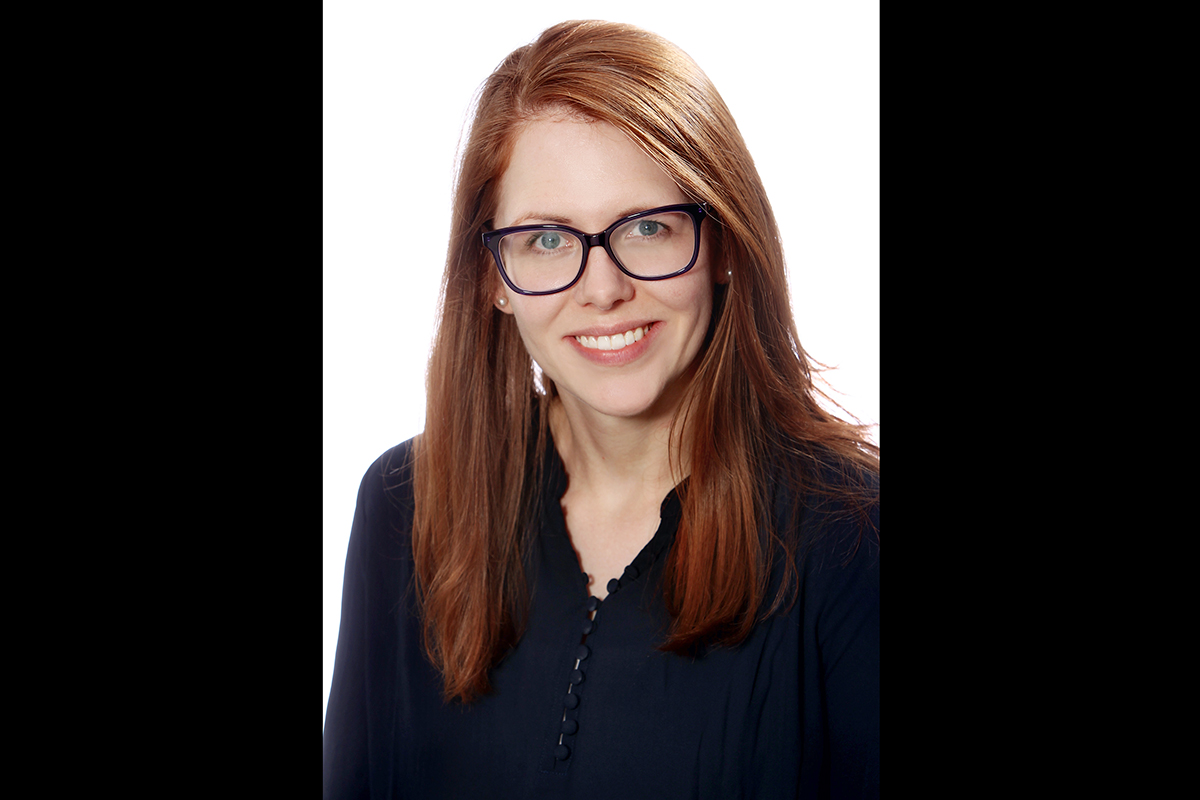
Information sciences professor Madelyn Sanfilippo examined popular disaster apps and found that many of them provide personal information – including a user's location – to third parties long after a disaster has passed. The goal of her research is to support policies that reconcile public safety concerns with privacy protections.
Courtesy Madelyn Sanfilippo
CHAMPAIGN, Ill. — Those in the path of a hurricane or wildfire may use an app to get alerts, communicate with first responders or let loved ones know they are safe. But once the emergency has passed, those apps may still be tracking their location or making personal information available to third parties.
Madelyn Sanfilippo is a professor in the School of Information Sciences at the University of Illinois at Urbana-Champaign whose research explores the interactions between people and technology, and the governance, personalization, privacy and social justice issues related to technology. Sanfilippo and a team of experts tracked the personal data sent by popular disaster apps and examined whether those practices conformed to their own privacy policies and government regulations. She is a co-author of an article on their findings, "Disaster privacy/privacy disaster






